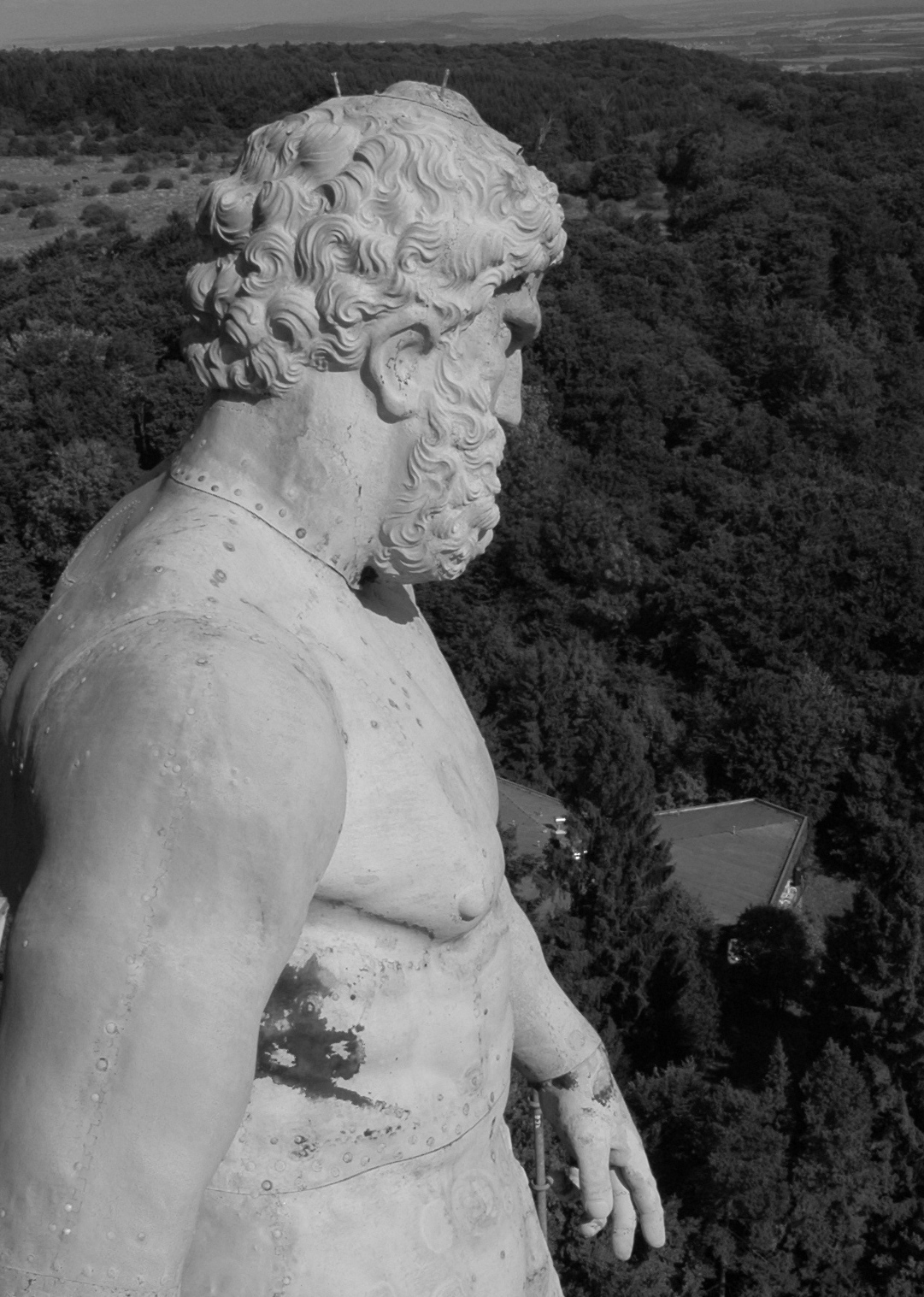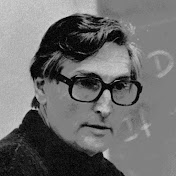

DART XIIKassel (Germany) April 9th - 12th 2024
XII. Conference on Differential Algebra and Related Topics
April 9th - 12th 2024
Kassel University, Germany
Wei Li: Lüroth problem for partial differential fields
A unirational variety is a variety that can be rationally parameterized. A rational variety is a variety birationally equivalent to affine or projective spaces. The Lüroth problem, posted by J. Lüroth in 1861, asks whether a unirational variety is always rational? Or in other words: is a subfield of the rational function field in n variables purely transcendental over k? The well-known Lüroth's theorem gave an affirmative answer to the Lüroth problem in dimension one. Ritt and Kolchin proved the ordinary differential version of Lüroth's theorem. But for partial differential curves, as Kolchin pointed out, the Lüroth problem may have a negative answer.In this talk, we present our partial differential Lüroth's theorem in both theoretical and algorithmic aspects. We first give a necessary and sufficient condition for a subfield of a partial differential rational function field to be a simple extension. This result generalizes Ritt and Kolchin’s classical differential Lüroth's theorem. We then give an algorithm to decide whether a given finitely generated differential subfield admits a Lüroth generator, and in the affirmative case, to compute a Lüroth generator. As an application, we solve the problem of deciding whether a unirational partial differential curve is rational.